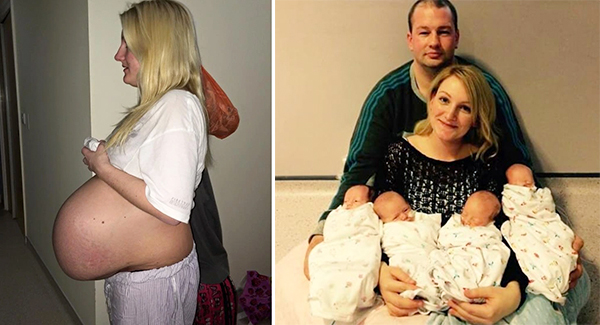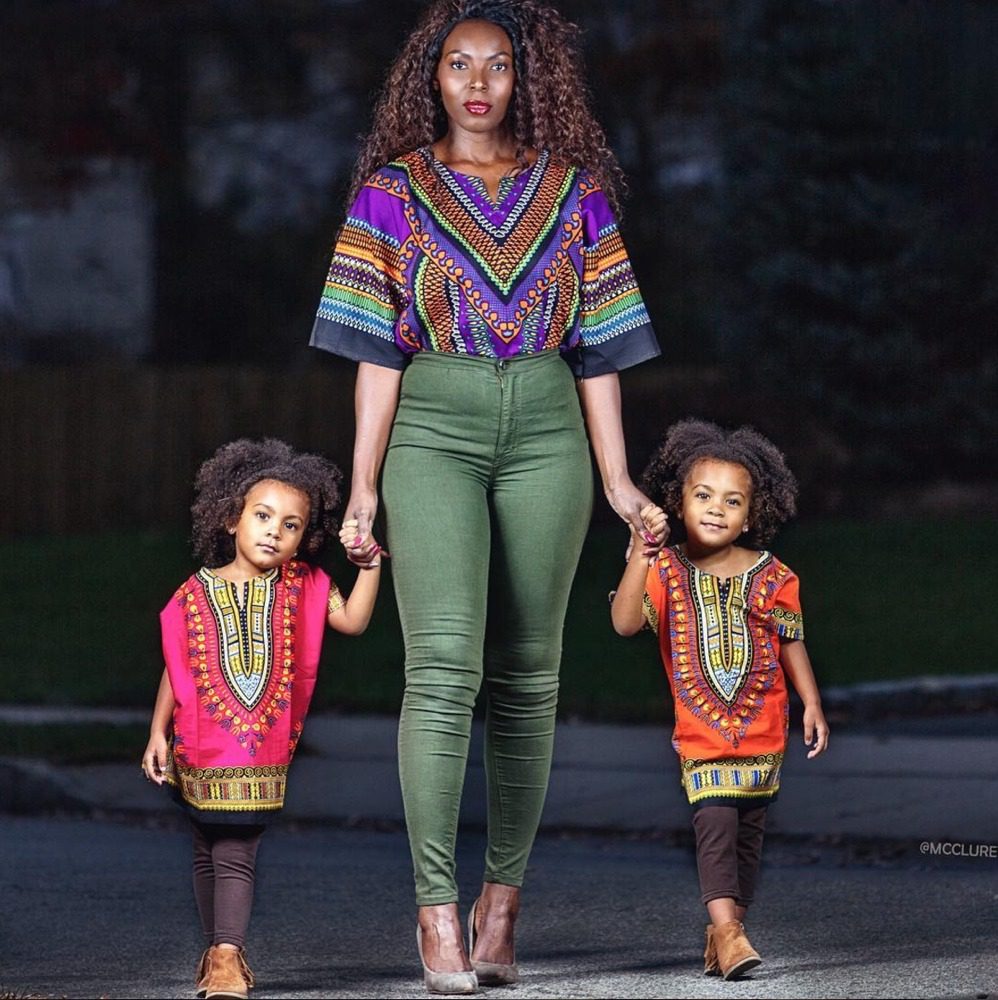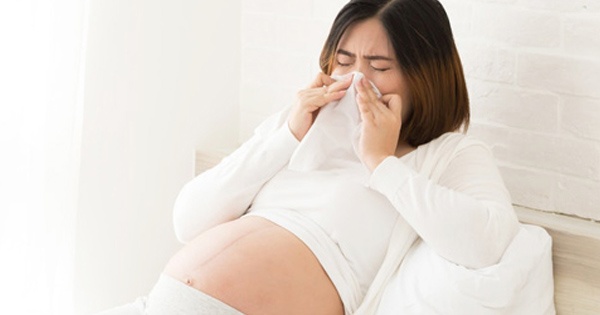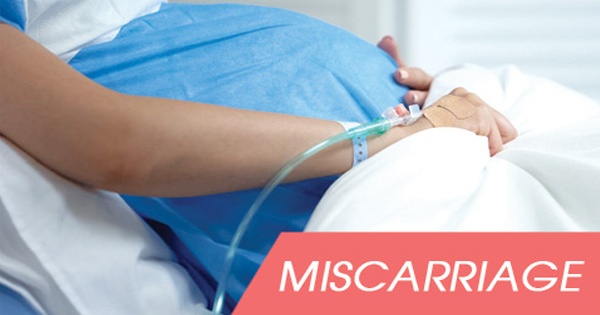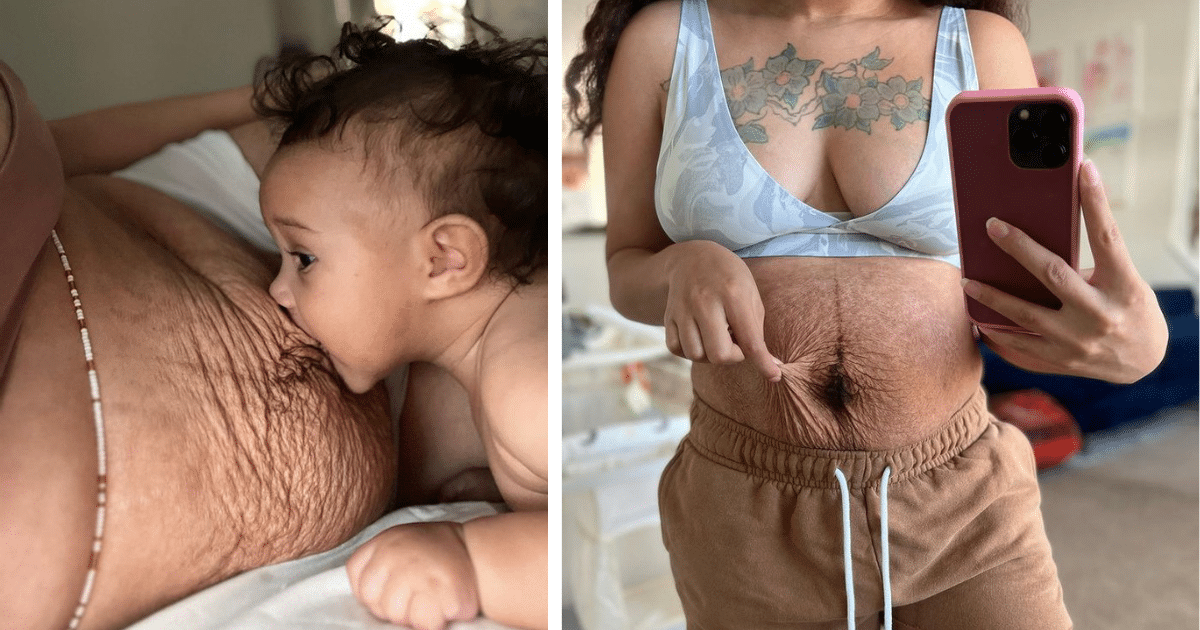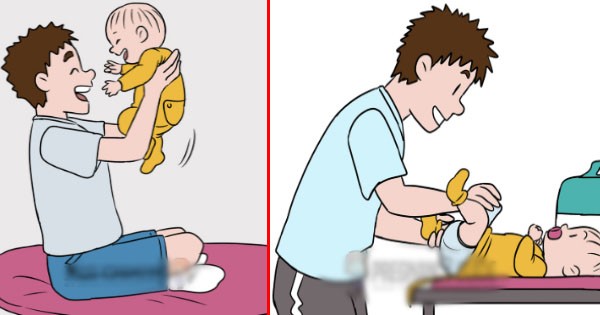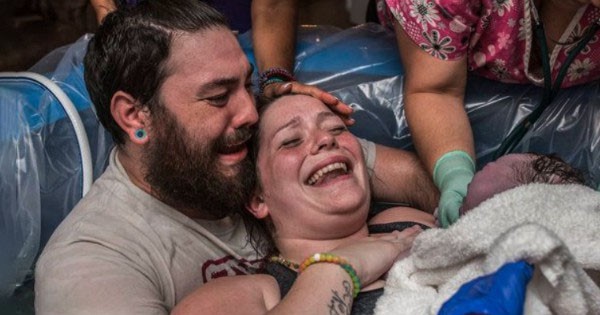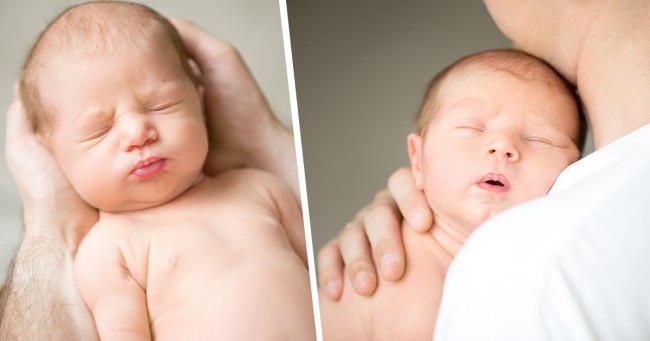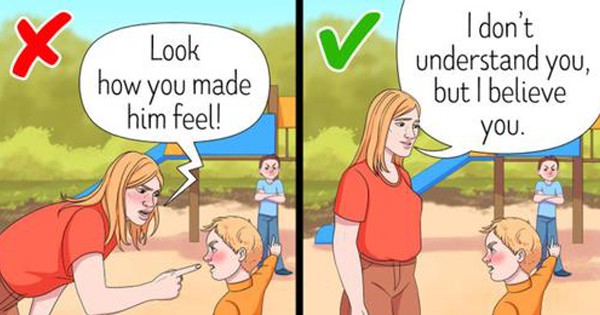
For the past 22 weeks, Alex Dacy, who battles a rare genetic disorder, has been courageously documenting her pregnancy journey in a bid to shatter stereotypes and challenge ableist perceptions surrounding disability, pregnancy, and parenthood. Alex, who has spinal muscular atrophy type 2, a condition affecting motor neurons controlling muscle movement, aims to spark conversations and change attitudes about disabled parenthood, an often stigmatized topic in society.

“Disabled parenthood is so heavily stigmatized in society, and I really want to open up conversations about this topic,” she shared on her Instagram.

Since unexpectedly becoming pregnant, Alex, despite being considered a high-risk pregnancy due to her condition, is under the care of a comprehensive medical team. “A lot of women with my disease give birth… yes, it is pretty much hell, but it is possible,” she asserts, addressing the challenges head-on. Her main concern revolves around her respiratory health, and she might require a C-section for delivery.

Alex has also revealed that she’ll need to be intubated during delivery, a decision made in the interest of her safety, even though it’s a less-than-ideal circumstance.
Now in her 22nd week of pregnancy, Alex has encountered an array of ableist questions and comments online. Responding with grace and assertiveness, she challenges assumptions about disabled individuals’ parenting abilities. In response to someone questioning her ability to care for her baby after birth, she retorts, “Don’t underestimate disabled people.”

Sadly, Alex acknowledges that encountering non-disabled individuals making unsolicited ableist judgments about her parenting capabilities isn’t new, but it remains unacceptable. She wonders if these reactions stem from others projecting their insecurities onto her, stemming from a lack of exposure to disabled parenthood.
“These views are not about me or whether they think I can raise a child,” she asserts. “It’s about the stigma, people’s discomfort with disability, and a lack of education, representation, and visibility.”

Her message is clear: “End the stigma.”
Alex doesn’t stop there. She addresses another form of criticism—body shaming during pregnancy. “Stop bump shaming,” she asserts on Instagram, emphasizing that every pregnancy experience is unique and that all bodies are valid and worthy. She refuses to conform to societal expectations and embraces her body’s changes as part of her journey.

In response to comments suggesting she’s “not even showing” or questioning her pregnancy, Alex emphasizes that every woman’s body reacts differently to pregnancy. To drive this point home, she shares a side-by-side comparison photo, illustrating the changes she’s undergone since becoming pregnant.
Alex’s determination to break barriers, challenge stereotypes, and raise awareness about disabled parenthood is not only inspiring but essential for promoting inclusivity and understanding. Her resilience and willingness to share her experiences serve as a beacon of hope for a more empathetic and accepting future.
Please ‘SHARE’ this story with a friend or family member!





















